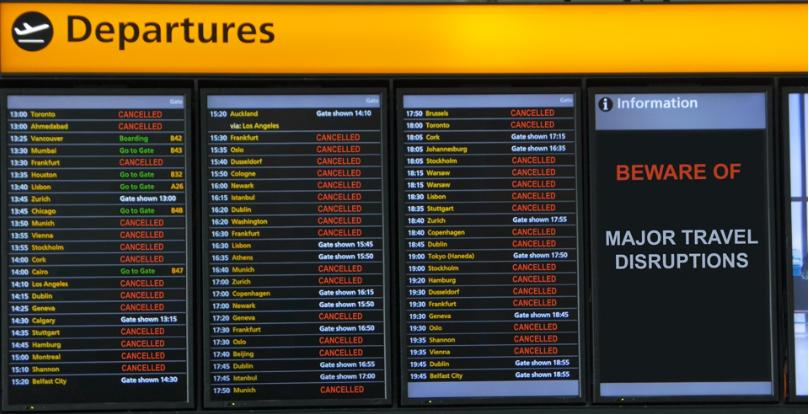EDITORIAL: Governments should focus on consistency, not consumer rules

The European Commission (EC) is looking to crack down on airlines with regard to consumer rights as they relate to cancellations and refunds.
Under European law (EU), airlines must give passengers a real choice between receiving vouchers or refunds, which must be issued within seven days. Airlines have also been told to clear their COVID-19 refund backlogs by not later than Sept. 1.
“We are asking for simple solutions to give consumers certainty after a period of extreme turmoil,” EU transport commissioner Adina Vălean said. “Strong passenger rights are a prerequisite for a thriving aviation sector.”
Predictability and dependency are scarce in the pandemic era, so it is understandable that the EC wants to restore certainty for its citizens who are unsure about whether to buy an air ticket. Seen from that perspective, a strong approach to consumer rights appears to benefit both passengers and airlines.
But erratic government policy making has been a huge trigger for flight cancellations and, therefore, the uncertainty that makes passengers wary. The UK, though no longer an EU member state, has constantly changed its international travel restrictions, often at ridiculously short notice, causing major travel disruptions.
Air transport operations are complex and not “on-off” and they can’t be powered up at a moment’s notice. Airlines cannot provide certainty for passengers when they do not have any certainty themselves because of shifting government policies and rules.
EU passenger rights regulations were originally introduced to protect passengers against unfriendly commercial practices, such as denied boarding. In reality, they shift responsibility onto airlines when the cause of disruption is beyond aviation’s control—such as weather, volcanic ash clouds or government travel restrictions.
Making airlines the insurer of last resort, particularly in situations where airlines are not legally allowed to fly, will only undermine aviation as it seeks to recover.
Ultimately, it is in the airlines’ best interests to look after their customers. Ticket flexibility was previously a revenue generator, but many airlines are now offering free changes and COVID-19 travel insurance, realizing this is a time to restore passenger confidence.
While airlines should not hoard passengers’ money, many desperately needed that liquidity lifeline because state-backed crisis funding was in short supply. Some countries, including the UK, have not offered any sector-specific support.
The EU Digital COVID Certificate (DCC) is a positive move toward restoring cross-border travel and some certainty. But even here, airlines are worried about the potential confusion that could arise from the 10 or more different document-checking approaches planned by EU member states.
When airlines have greater certainty over longer periods, supported by clear and consistent regulation, passengers will also get certainty.



